Chris Mifsud
Asking for and offering advice must be one of the human species’ most natural yet complex behaviours. Dispensing advice, sometimes rooted in unfounded overconfidence is a way for us to take someone else’s story and apply it to our own experience. After all, to each of us, everyone else is an extra in our life movie. It might be the 21st century’s polished version of Solipsism – my advice to you is based on what happened to me.
And yet, consultancy firms and external advisors keep registering double-digit growth followed by an unusual slowdown of very recent, in part due to steroidal growth fuelled by COVID (a time when everyone everywhere was very quick to throw money their way to try and get some quo vadis on an unprecedented catastrophe).
What is it about the business community that wants to hear independent advice? Why even risk paying to hear something you might not want to hear, and then having to sell it up or down the ranks? I always found the rating agency business model (think Moody’s and Fitch) remarkable. Imagine, paying someone else to tell you what they think about you.
Possibly one of the highest dimensions of outside direction or formal advice comes in the shape of the independent, Non-Executive Director (NED). Just to fuel my growing imposter syndrome I have on occasion been invited to such positions, equally flattering and nerve-wracking. Nerve-wracking, because an opinion is not something to be dispensed lightly or without responsibility.
Barring the requirement being a regulatory one – such as for listed companies in the capital markets – it has become increasingly popular for privately held companies to invite NEDs to their boards whether they are a family business (the backbone of the Maltese economy), a start-up or a mature enterprise. By my book, the utopic scenario was always one where privately held, unlisted companies are structured as though they were listed with all the necessary governance, succession planning and management practices in place.
The motivation to invite outsiders in the form of NEDs into the fold, is not just for optics, but a shrewd move too. While many company owners tend to call up individuals they trust or know, it is still a layer of decision-making that may not perfectly overlap with the shareholder, founder or family agenda.

Assuming the directorial contribution is as close to unbiased as humanly possible, then who wouldn’t want to stress test the company strategy, structure and direction? As always, angle and perspective are everything.
I find the expression ‘not seeing the woods for the trees’ is a natural and unfortunate consequence of micro-managing, making the ability of external participants to zoom out, incredibly precious. After all micro means nothing without macro – an unrelated expression comes to mind about economists being the ones rearranging the chairs on the Titanic.
I believe the sanest philosophy in most advisory engagements is a balance between not being a ‘yes’ person and not disrupting for the sake of disrupting, the latter becoming an increasingly common practice amongst newer entrants to the scene.
Knowing what responsibility means is everything. Beyond the more binary legal definition, it means at your core, you know that your action or inaction directly impact many, be they employees, customers or the community.
What should you look for in an NED? A diverse exposure to different models or sectors certainly helps. It increases the chances of finding an individual who can apply common sense and foundational principles to most situations, just by applying the right tools. After all, is the best candidate to run a law firm a lawyer?
Also, I would probably look for scars. For individuals who have tossed and turned at night over critical decisions of their own, failed many times, moved on (an increasingly rare trait) and shone through with a few successes both financial and personal.
A friend and business partner of mine likes to look out for those signs on a face of ‘knowing what it’s like to have to pay the wage bill at the end of the month’ and I couldn’t agree more.
My advice on advice? Seek it, digest it, keep in mind that it might have some lipstick on it and make your decision. My advice to advisors? Understand your responsibility, know what you’re meting out, see how it looks without make-up and know that decisions are being made based in part on that advice, so flippancy is never an option. Remind yourself not to drink the Kool-Aid.
Next in this series: How to ignore advice politely.
You Might Also Like

Latest Article
From Malta To The World: ALBA Luxury Resortwear Continues Brand Expansion Across Maldives, Mauritius and Seychelles
ALBA Resortwear, a brand born in sunny Malta, has become a global sensation in luxury resort fashion. Designed with the Mediterranean’s vibrant spirit, ALBA redefines how we experience summer. From its kaftans to bold swimwear, each piece embodies effortless elegance and celebrates the carefree essence of sunny getaways. Rooted in the belief that “summer is … Continued
|
30 December 2024
Written by Hailey Borg

Article
Global Stock Market Predictions for 2025 Part 3 –Emerging Trends, Risks, and Opportunities
|
30 December 2024
Written by Chris Mifsud

Article
Global Stock Market Predictions for 2025 Part 2 – Additional High-Growth Areas
|
29 December 2024
Written by Hailey Borg












